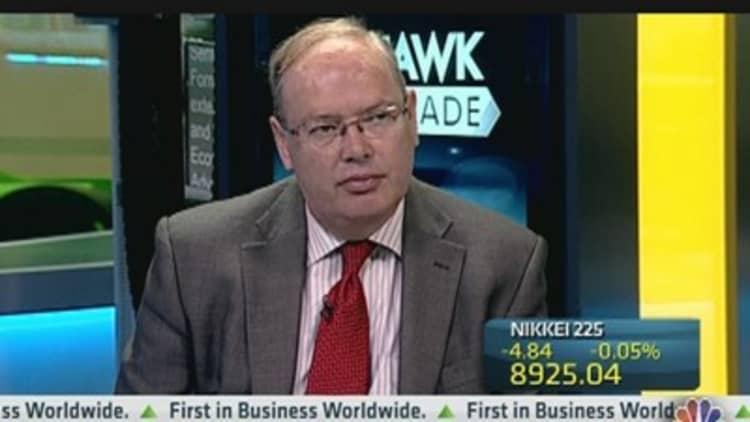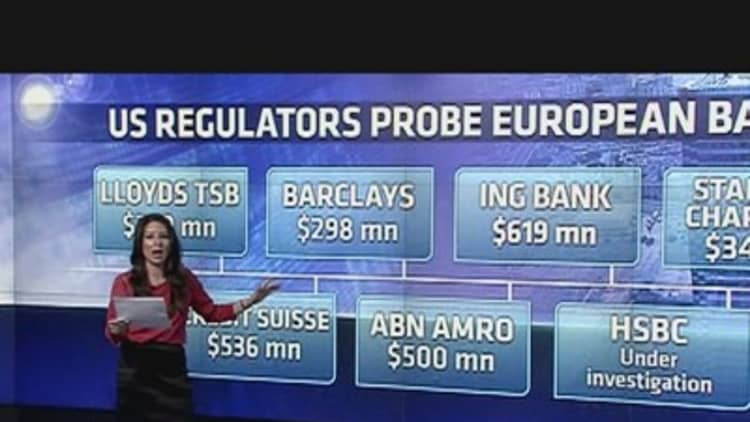Banks complain that tighter regulation means that too much capital is tied up in regulatory funds and not enough gets to consumers. But they should get used to it as this is the “new normal” if we want economic growth, Professor Andrew Sentance, senior economic adviser at PricewaterhouseCoopers (PwC) told CNBC.

As the role of financial regulators in the banking sector returns to the fore as the investigation into malpractice at continues, Sentance, who is a former external member of the Bank of England's Monetary Policy Committee, told CNBC that we should all expect financial regulation to become pervasive and permanent.
“This is what I am calling part of the new normal for the western economies. It’s affecting both sides of the Atlantic, the U.S., Europe and the U.K.,“ Sentance said, a transformation from early 1980s to 2007 that was “driven by a deregularized, liberalized financial sector” that was extensive before the economic crash, he said.
“Now, we’re seeing as a response to the financial crisis another development, financial regulators are flexing their muscles more, they are concerned that banks hold more capital, that is changing the financial climate.”
However, Sentance told CNBC’s “Squawk Box Europe” that these transformations have occurred as a new era of limited growth, volatile markets and commodity prices.
“We’re in an era where policy makers, in general, have lost confidence that they can regulate economies on a macro-level in a way in a way that they did before 2007.”

There are concerns that a trade war is being waged against British banks by the U.S. regulatory authorities as a number of British-based banking institutions have gone through investigations this year, including the most recent and ongoing investigation into Standard Chartered bank.
Sentance denied that there was a “trade war” occurring between the U.S. and U.K. banking sectors, though he conceded that there was a disparity in approaches to regulation.
“In the current environment there is much more tension between regulators,” he said, adding that the banking sector needed a more unified approach to regulation.
“We have a very globalized financial system, so it’s very important that financial regulation is joined up and it’s a very important issue that the U.S and Europe are integrating their approach.”
Sentance said that the relaxed and hands-off approach that regulators used to take towards banks, acknowledged by certain regulators, he said, had been replaced with more scrutiny following the crisis.
“[That scrutiny] is part of what I’m calling the ‘new normal’ for economic growth. We’ve benefited in terms of access to finance from a more liberalized, de-regulated financial system, and now that climate has changed,” he said.
“Economic behavior, and the behavior of the private sector, has to adapt to that as well.”


